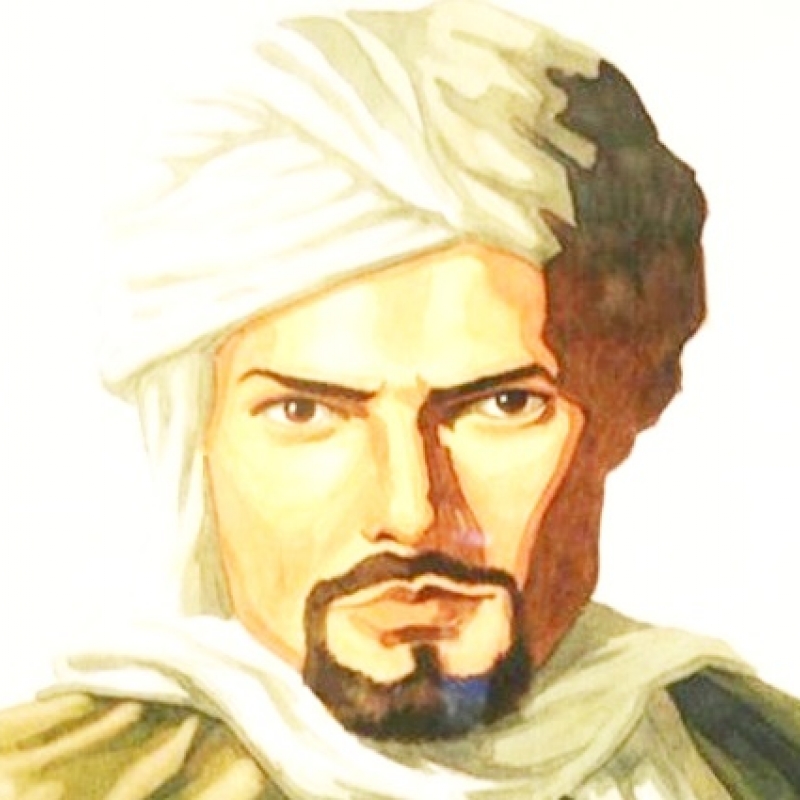A Legendary Figure in the History of Travel
Step into the captivating world of Ibn Battuta, a remarkable Moroccan explorer and Islamic scholar whose name is synonymous with the history of travel. With an insatiable curiosity and an unwavering spirit of adventure, Battuta embarked on a journey that spanned over three decades, covering a staggering 75,000 miles across Africa, Asia, and Europe.
Who was Ibn Battuta and Why is He Important?
As one of history’s most renowned world travelers, Ibn Battuta’s exploration was not merely about discovering new lands; it was also about immersing himself in different cultures and expanding his knowledge as an Islamic scholar. His travels were driven by a thirst for understanding the diversity of humanity and unraveling the mysteries of our interconnected world.
Battuta’s remarkable experiences provide us with invaluable insights into the societies he encountered during his extraordinary voyages. From his encounters with sultans and scholars to his interactions with ordinary people from all walks of life, Ibn Battuta’s chronicles offer a unique window into various civilizations at that time.
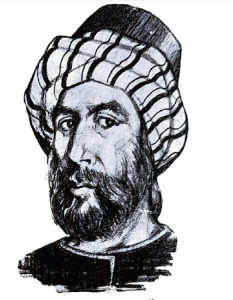
In addition to being an intrepid explorer, Ibn Battuta left behind detailed accounts of his travels in the form of the Rihla (The Journey). This literary masterpiece not only serves as a testament to his personal adventures but also provides historians with valuable information about medieval societies that would have otherwise been lost to time.
Ibn Battuta’s legacy extends far beyond being just another traveler – he played a vital role in bridging cultural gaps and promoting understanding between different civilizations. His writings continue to inspire both adventurers seeking new horizons and scholars delving into the intricacies of our shared human history.
In conclusion, Ibn Battuta stands tall as an emblematic figure in the history of travel. His audacious expeditions, coupled with his dedication as an Islamic scholar, have left an indelible mark on our collective understanding. As we delve into his chronicles today, we are reminded of the power travel has in broadening our minds, fostering cultural exchange, and celebrating the incredible diversity that enriches our world.
The Early Life and Inspiration Behind Ibn Battuta’s Adventurous Spirit
Step into the captivating world of Ibn Battuta, a renowned explorer whose remarkable adventures have left an indelible mark on history. To truly understand the man, we must delve into his intriguing childhood, his thirst for knowledge, the events that ignited his passion for travel, and his early experiences that shaped him into one of the greatest travelers of all time.
Ibn Battuta’s childhood was rich with cultural influences and intellectual pursuits. Born in Tangier, Morocco in 1304, he grew up in a family that valued education and encouraged curiosity. From an early age, he displayed a natural inclination towards learning and exploration. As a young boy, he studied Islamic law and jurisprudence under eminent scholars who recognized his exceptional intellect.
 It was during his studies that Ibn Battuta first encountered tales of adventurous travelers like Marco Polo. These stories ignited a spark within him – a burning desire to explore the unknown corners of the world. The allure of far-off lands and exotic cultures fueled his imagination and set him on a path that would shape his destiny.
It was during his studies that Ibn Battuta first encountered tales of adventurous travelers like Marco Polo. These stories ignited a spark within him – a burning desire to explore the unknown corners of the world. The allure of far-off lands and exotic cultures fueled his imagination and set him on a path that would shape his destiny.
At just 21 years old, Ibn Battuta embarked on what would become an extraordinary journey – one that lasted for nearly three decades. His travels took him far beyond the borders of Morocco, spanning across Africa, Europe, Asia, and beyond. From bustling cities to remote villages; from majestic palaces to treacherous deserts – there was no corner of the world left unexplored by this intrepid wanderer.
During these early travels, Ibn Battuta encountered numerous challenges and triumphs that molded him into an astute observer and storyteller. He faced treacherous terrains, harsh weather conditions, language barriers; yet these obstacles only fueled his determination to push forward.
Through firsthand experiences with diverse cultures and customs along his journey – from trading hubs like Cairo to pilgrimage destinations such as Mecca – Ibn Battuta gained invaluable insights into human nature and societies different from his own. These encounters not only broadened his horizons but also enabled him to develop a deep appreciation for the interconnectedness of our world.
In conclusion, Ibn Battuta’s childhood, education, travel inspiration, and early experiences laid the foundation for his extraordinary voyages and enduring legacy. His insatiable curiosity and thirst for knowledge propelled him to explore the farthest reaches of the known world. As we delve deeper into his remarkable life, we discover a man whose travels not only shaped him but also left an indelible mark on our understanding of global history and cultural
The Epic Voyages: Unraveling the Incredible Travel Adventures of Ibn Battuta
Prepare to be transported through time and space as we delve into the extraordinary adventures of one of history’s greatest travelers – Ibn Battuta. From bustling marketplaces in Marrakech to serene temples in India, Ibn Battuta’s travel destinations were as diverse as they were captivating.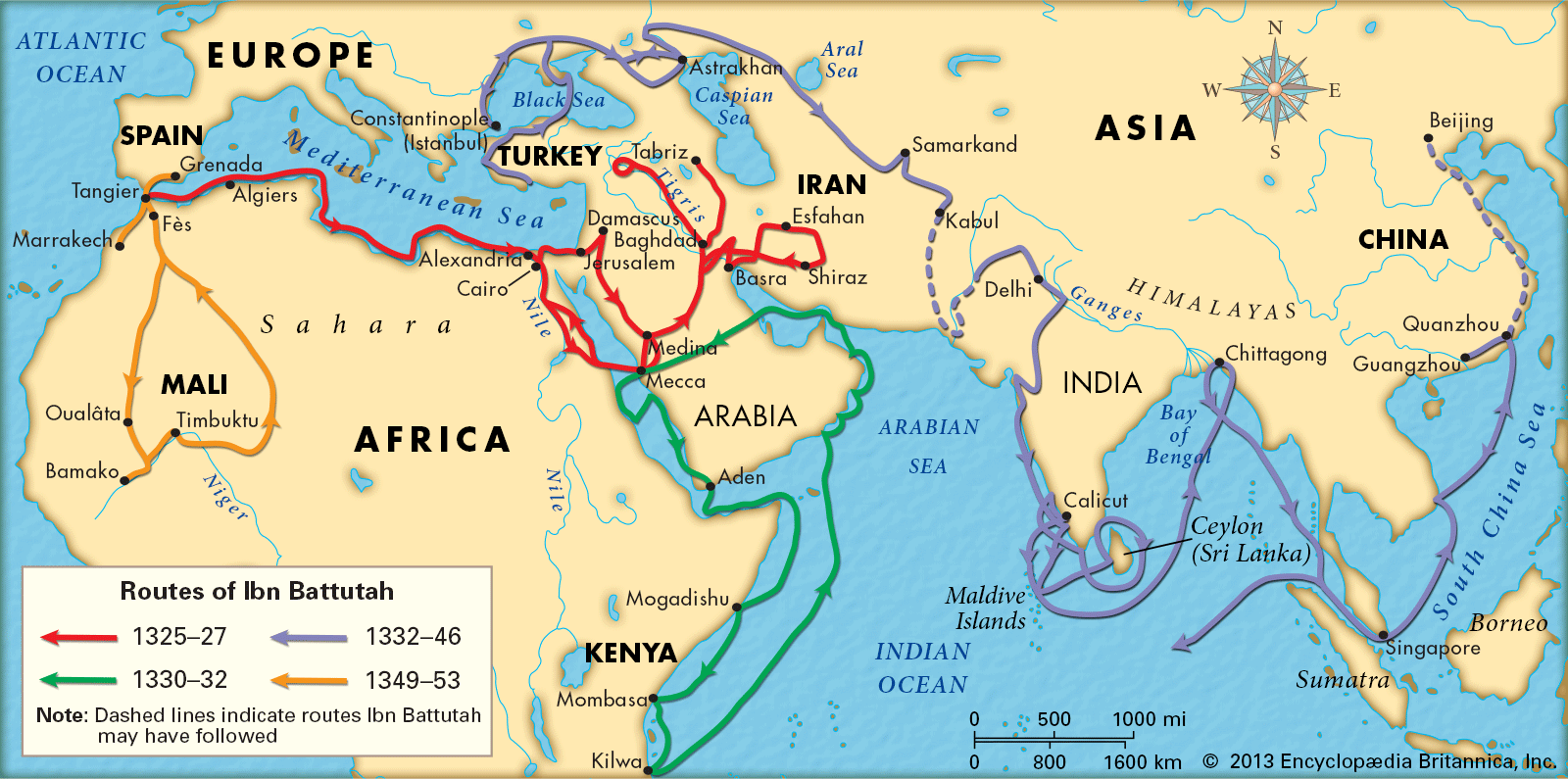
His major expeditions took him across continents, allowing him to encounter fascinating cultures and leave an indelible mark on the world of exploration. Join us on this riveting journey as we uncover the incredible destinations, remarkable expeditions, and unforgettable cultural encounters that defined Ibn Battuta’s legendary travels.
The Impact and Significance of Ibn Battuta’s Travels on World History
Ibn Battuta, a renowned explorer and scholar of the 14th century, made invaluable contributions to the fields of geography and cartography. His extensive travels across Africa, Asia, and Europe not only expanded geographical knowledge but also fostered cultural exchange and understanding.
One of Ibn Battuta’s primary achievements was his meticulous documentation of the lands he visited. Through his detailed observations, he provided valuable insights into the geography of regions that were relatively unknown to the rest of the world at that time. His comprehensive accounts included information on topography, climate, flora, fauna, and even local customs.
In addition to his geographical contributions, Ibn Battuta played a crucial role in promoting cultural exchange through travel. As he embarked on his journeys, he immersed himself in the local cultures and interacted with people from various backgrounds.
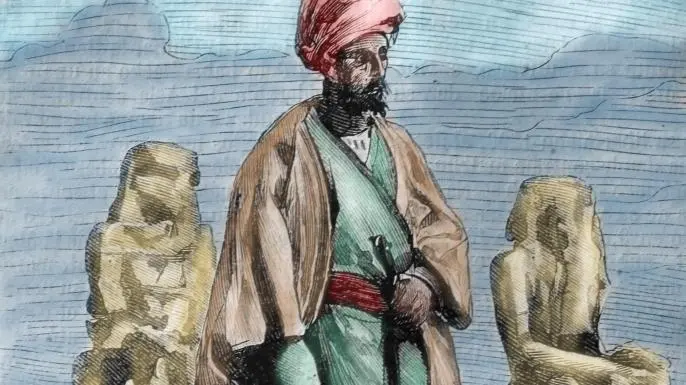 By engaging with individuals from different societies and religions, he gained an understanding of their traditions, languages, social structures, and belief systems. This firsthand knowledge enabled him to bridge cultural gaps and foster greater understanding between different civilizations.
By engaging with individuals from different societies and religions, he gained an understanding of their traditions, languages, social structures, and belief systems. This firsthand knowledge enabled him to bridge cultural gaps and foster greater understanding between different civilizations.
Furthermore, Ibn Battuta’s travel narratives served as a source of inspiration for future explorers and cartographers. His detailed descriptions and maps provided valuable reference points for subsequent generations who sought to expand their knowledge about distant lands. Even today, historians rely on his writings to gain insights into historical geography.
In conclusion, Ibn Battuta’s contributions to geography and cartography were far-reaching. Not only did he contribute immensely to our understanding of diverse landscapes around the world but also promoted cultural exchange through his immersive travels. His legacy continues to inspire adventurers and scholars alike as they strive to explore new frontiers while fostering cross-cultural understanding along the way
Lessons from Ibn Battuta: What Modern-Day Travelers Can Learn from His Experiences
Embarking on a journey to explore new lands, immerse oneself in diverse cultures, and create unforgettable memories is a dream shared by many. But how can we truly make the most of our travels and ensure that we embrace new cultures and experiences?
Look no further than the incredible adventures of Ibn Battuta, one of 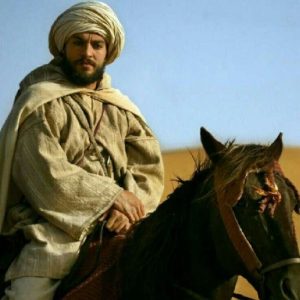 history’s greatest travelers. Inspired by his remarkable journeys, we can glean invaluable travel tips that will not only enhance our adventures but also foster a deeper appreciation for the world around us. From stepping out of our comfort zones to embracing local customs, let’s discover how Ibn Battuta’s legacy can guide us towards transformative travel experiences.
history’s greatest travelers. Inspired by his remarkable journeys, we can glean invaluable travel tips that will not only enhance our adventures but also foster a deeper appreciation for the world around us. From stepping out of our comfort zones to embracing local customs, let’s discover how Ibn Battuta’s legacy can guide us towards transformative travel experiences.
Conclusions
In conclusion, Ibn Battuta’s legacy as a pioneer in global travel exploration is one that deserves to be celebrated. His remarkable journeys across the Islamic world and beyond not only expanded our knowledge of different cultures and civilizations but also paved the way for future generations of explorers.
Through his extensive travels, Ibn Battuta demonstrated the power of curiosity and the importance of embracing diversity. He showcased a deep respect for different customs, religions, and ways of life, serving as a bridge between civilizations during a time when such connections were rare.
Ibn Battuta’s writings have provided invaluable insights into the societies he encountered during his travels. His detailed accounts have not only enriched our understanding of history but have also inspired countless individuals to embark on their own journeys of discovery.
As we reflect on Ibn Battuta’s legacy today, we are reminded of the enduring impact that one person can have on shaping our understanding of the world. His courage to venture into unknown territories and his unwavering dedication to documenting his experiences serve as an inspiration for all those who seek to explore and connect with different cultures.
Let us celebrate Ibn Battuta’s pioneering spirit and honor his contributions as we continue to embrace the wonders of global travel exploration. May his legacy inspire future generations to step out of their comfort zones, broaden their horizons, and foster greater understanding among diverse communities around the world.

